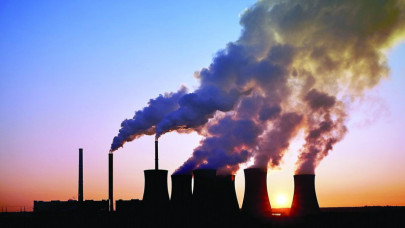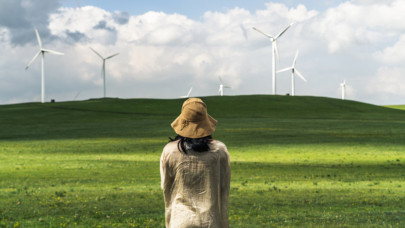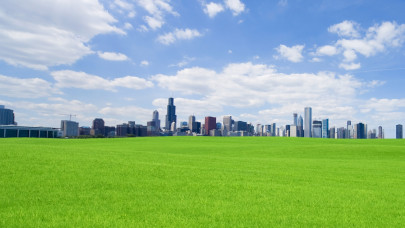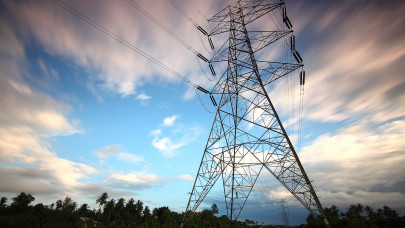“We have nurtured direct relationships with generations of farmers around the world. To continue providing people with tasty, nutritious, and affordable foods, we need to transition together to a more sustainable food system. The new institute will strengthen our expertise and use our global network to support farming communities and protect our planet”, says Paul Bulcke, Nestlé Chairman.
It builds on the company's existing plant science expertise in coffee and cocoa. Over many years, Nestlé plant scientists have been contributing to Nestlé's sustainable cocoa and coffee sourcing plans – the Nestlé Cocoa Plan and Nestlé Plan – including the recent discovery of more disease and drought-resistant coffee varieties.
Nestlé is now strengthening this expertise and expanding it to further crops, including pulses and grains. The institute is also working with farmers to trial regenerative agriculture practices to improve soil health and encourage biodiversity. In addition, experts explore novel approaches in dairy farming that have the potential to reduce greenhouse gas emissions in the areas of cow feed and manure management.
“Our goal is to identify the most promising solutions to promote the production of nutritious raw materials while minimizing their environmental impact. We take a holistic approach and look at several factors including impact on yield, carbon footprint, food safety, and cost, as well as the viability of scale-up”, says Jeroen Dijkman, Head of Nestlé Institute of Agricultural Sciences.
The institute collaborates with external partners including farmers, universities, research organizations, startups, and industry partners to assess and develop science-based solutions. The new institute reaffirms the company's commitment to strengthening Switzerland's unique innovation ecosystem.
“The new institute is strengthening the Canton of Vaud as a center of excellence for research and education in agriculture and nutrition. It also contributes to the efforts that are underway to support farmers in the face of climate change. Agriculture is at the core of quality nutrition and in the Canton of Vaud we can count on an innovative ecosystem that brings together partners including agricultural professionals, schools for higher education, and private research centers such as the one from Nestlé”, says Valérie Dittli, State Councilor of the Swiss Canton of Vaud, at the official opening.
In addition to its new facilities at Nestlé Research in Switzerland, the institute incorporates an existing plant science research unit in France, and farms based in Ecuador, Côte d'Ivoire, and Thailand, as well as partnerships with research farms.












